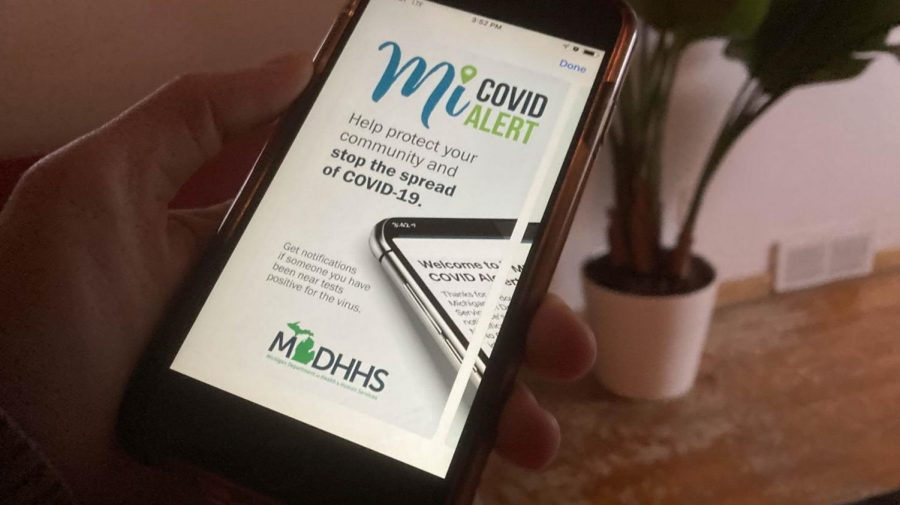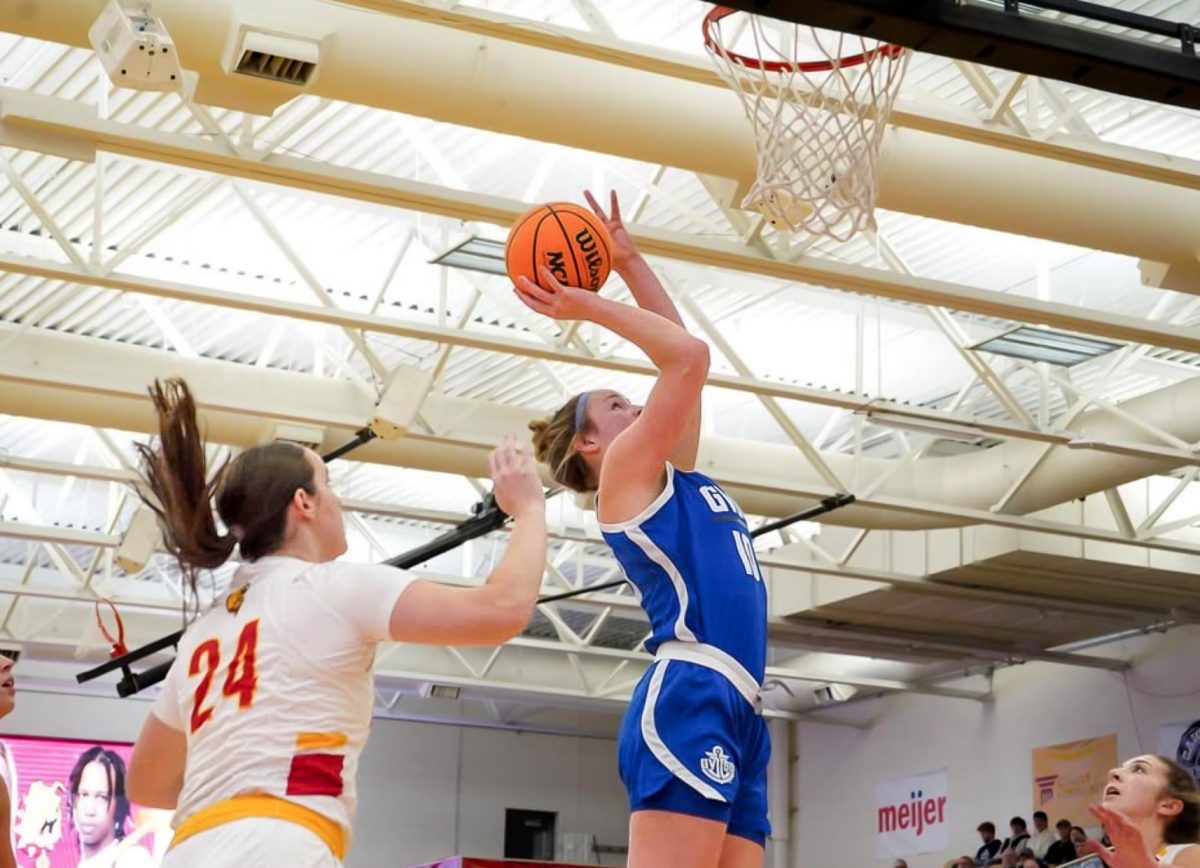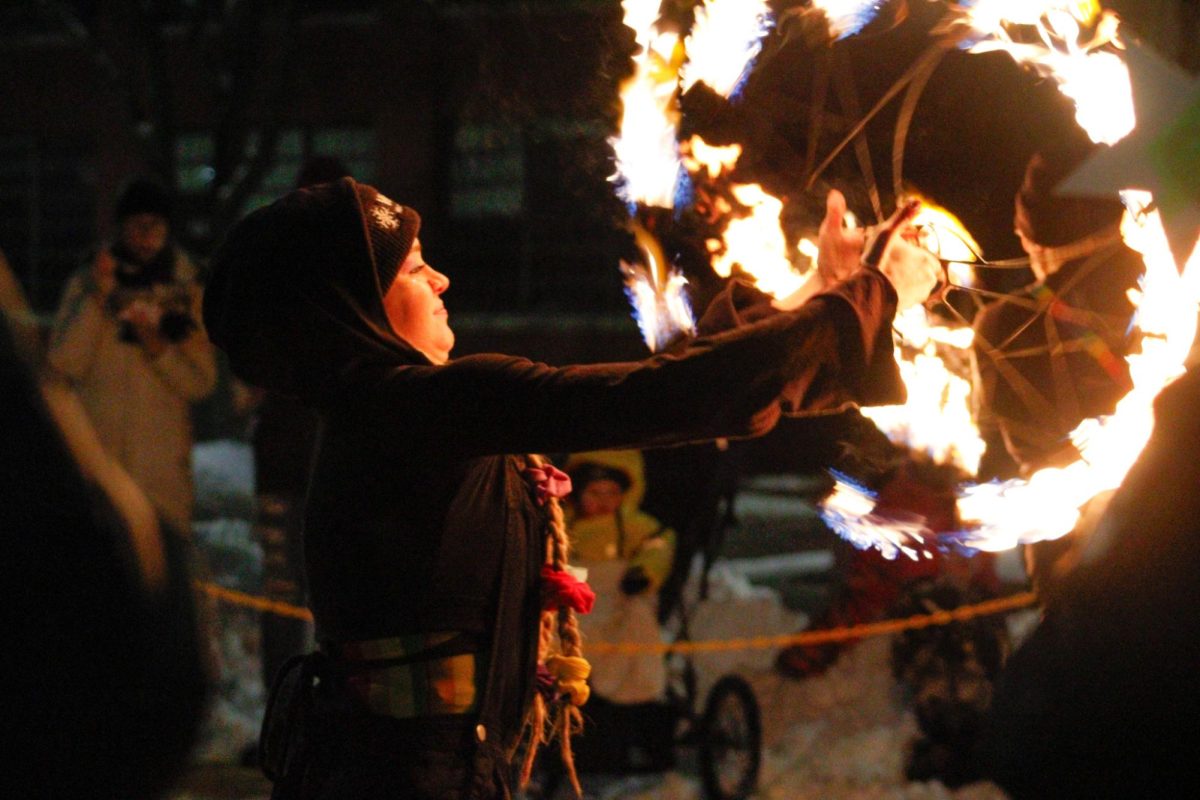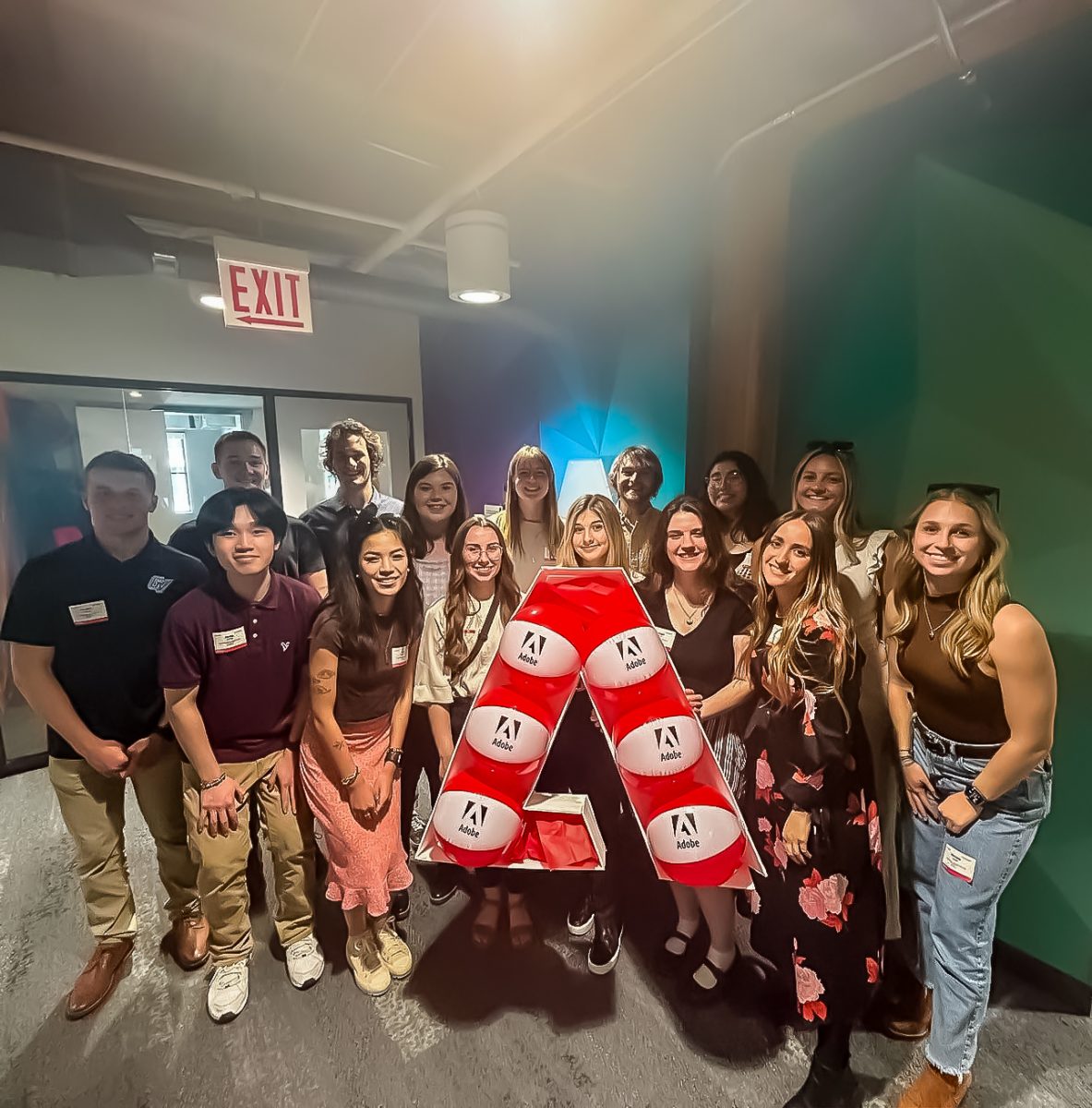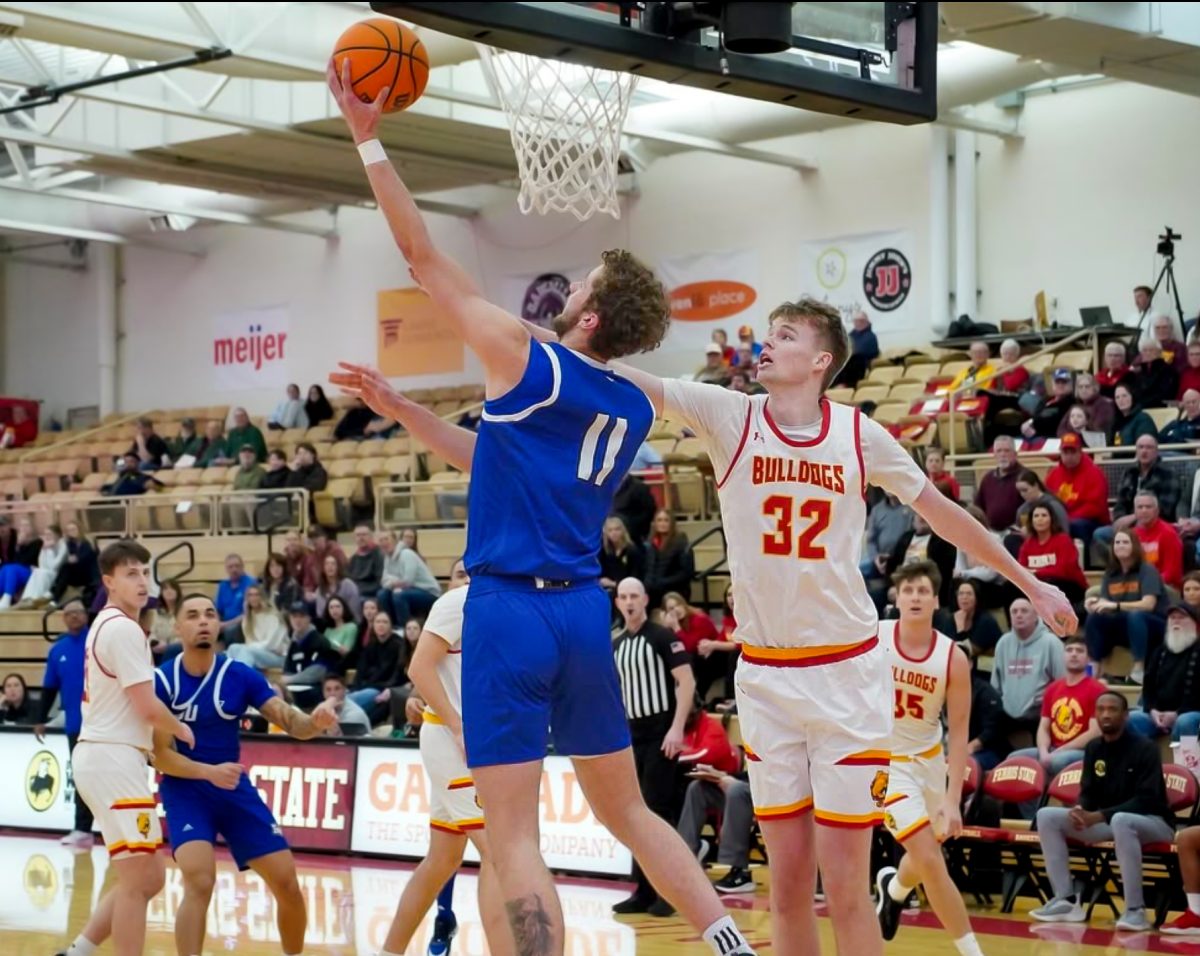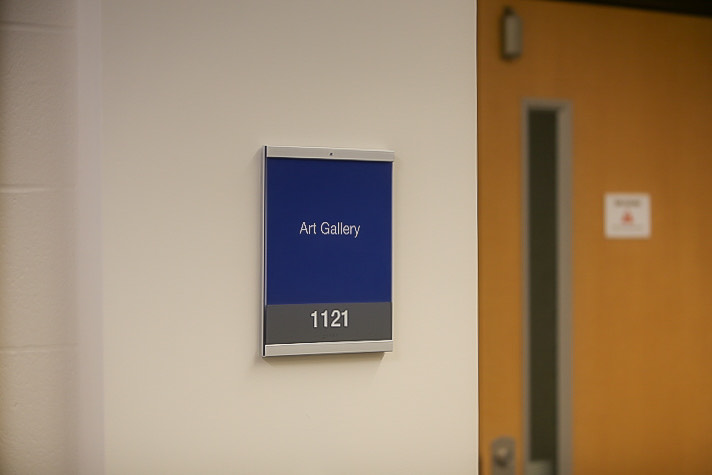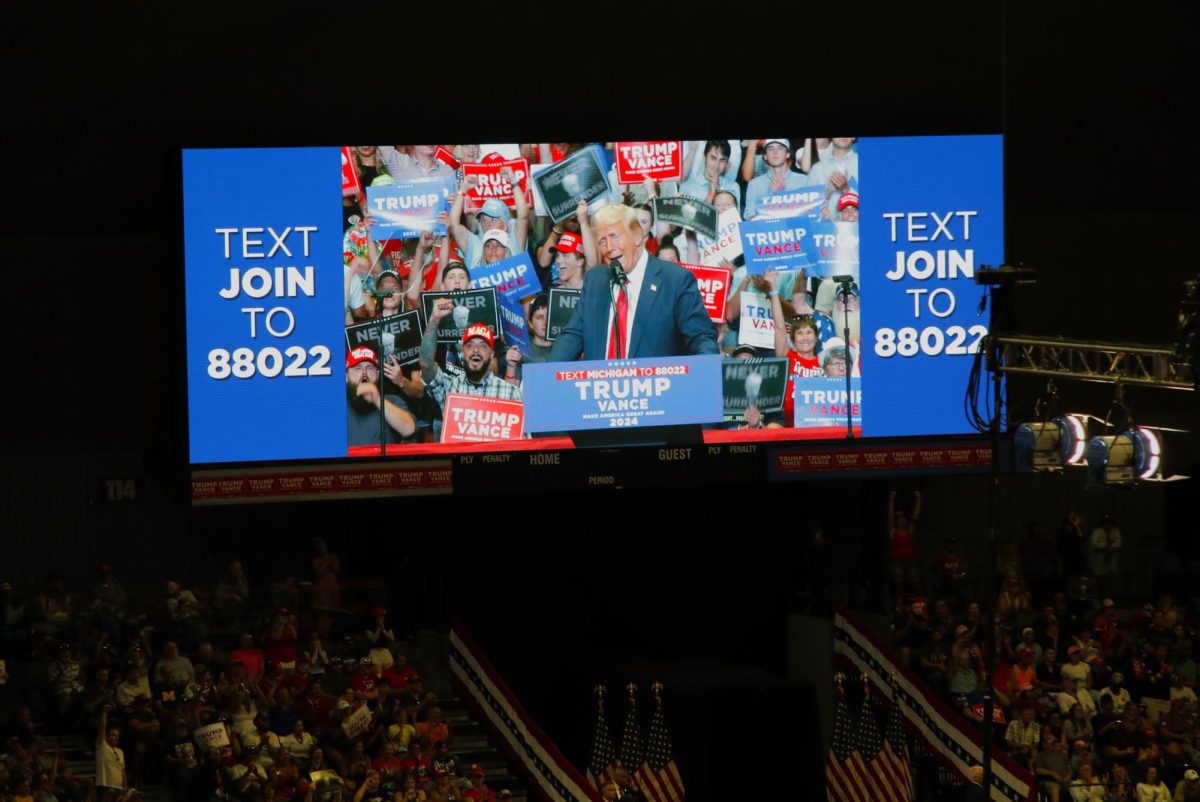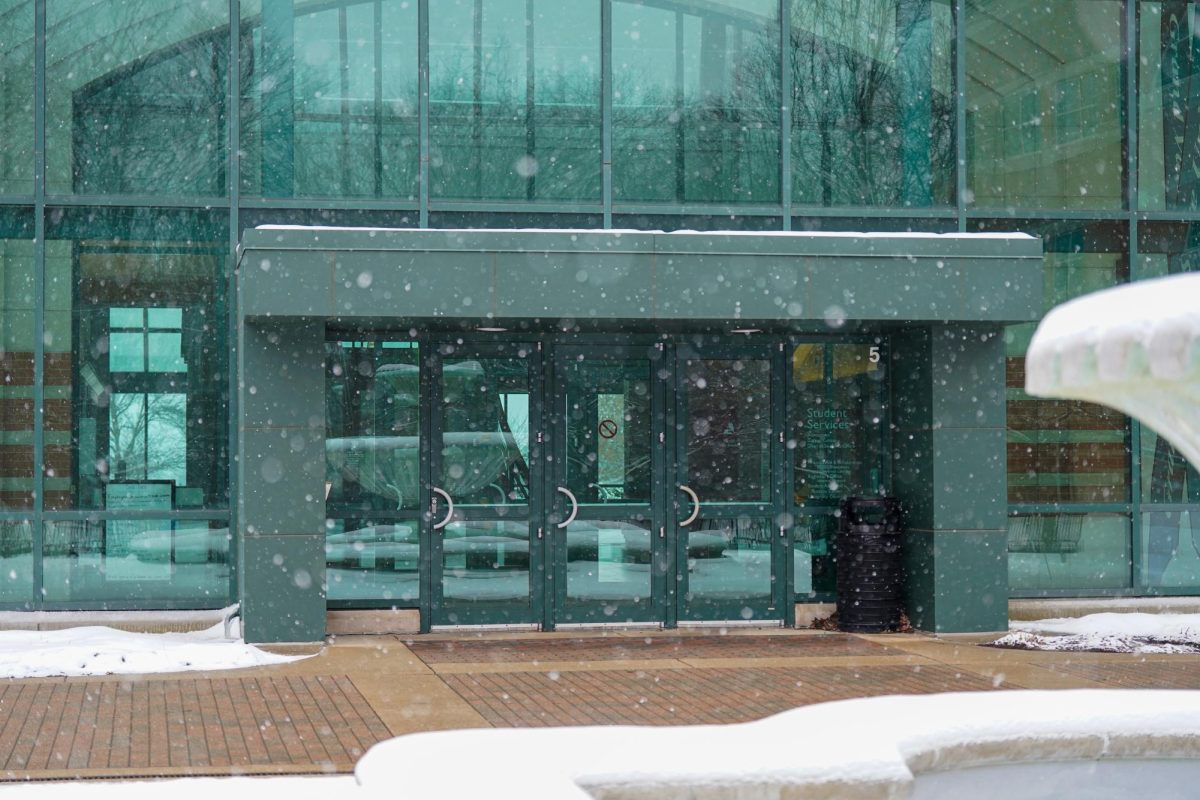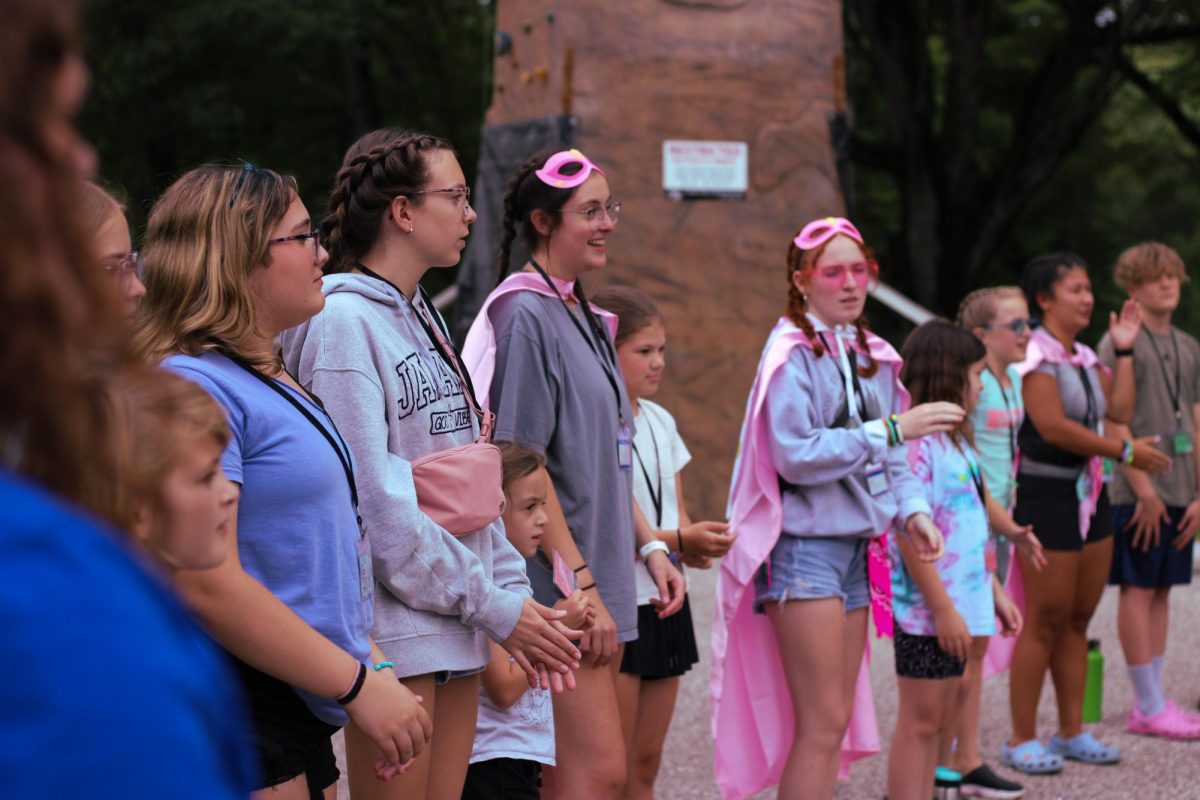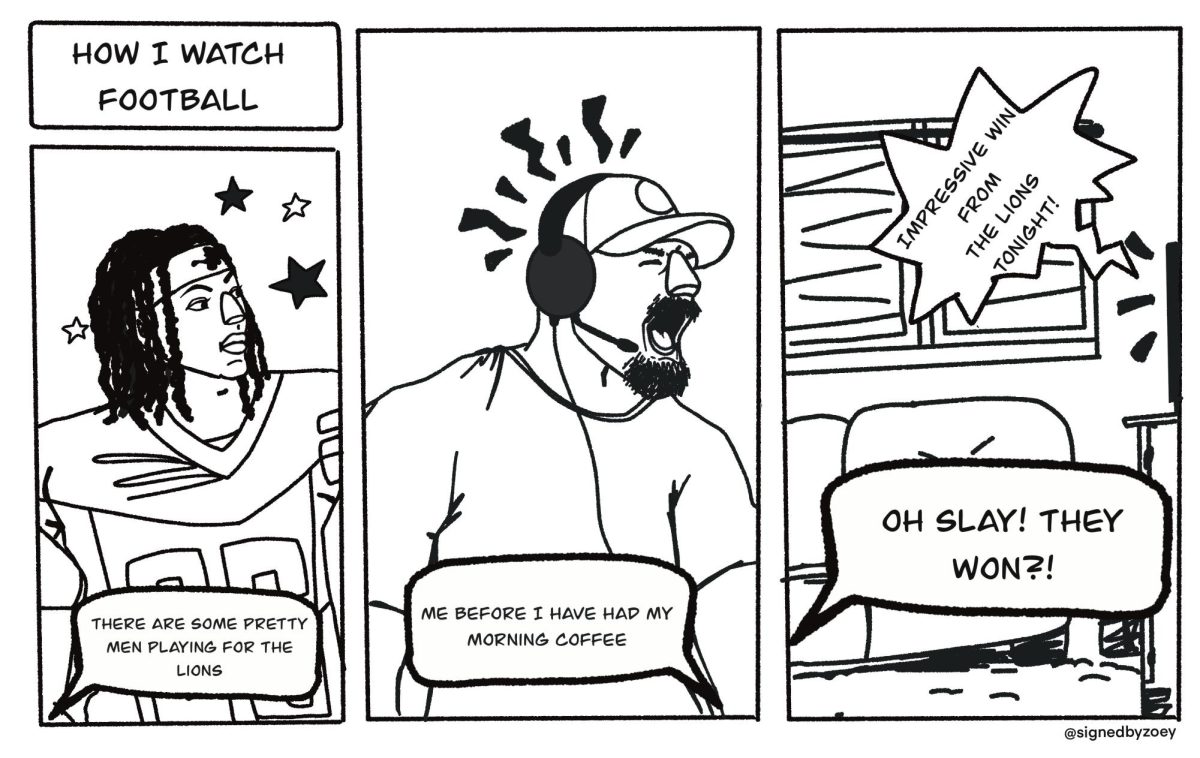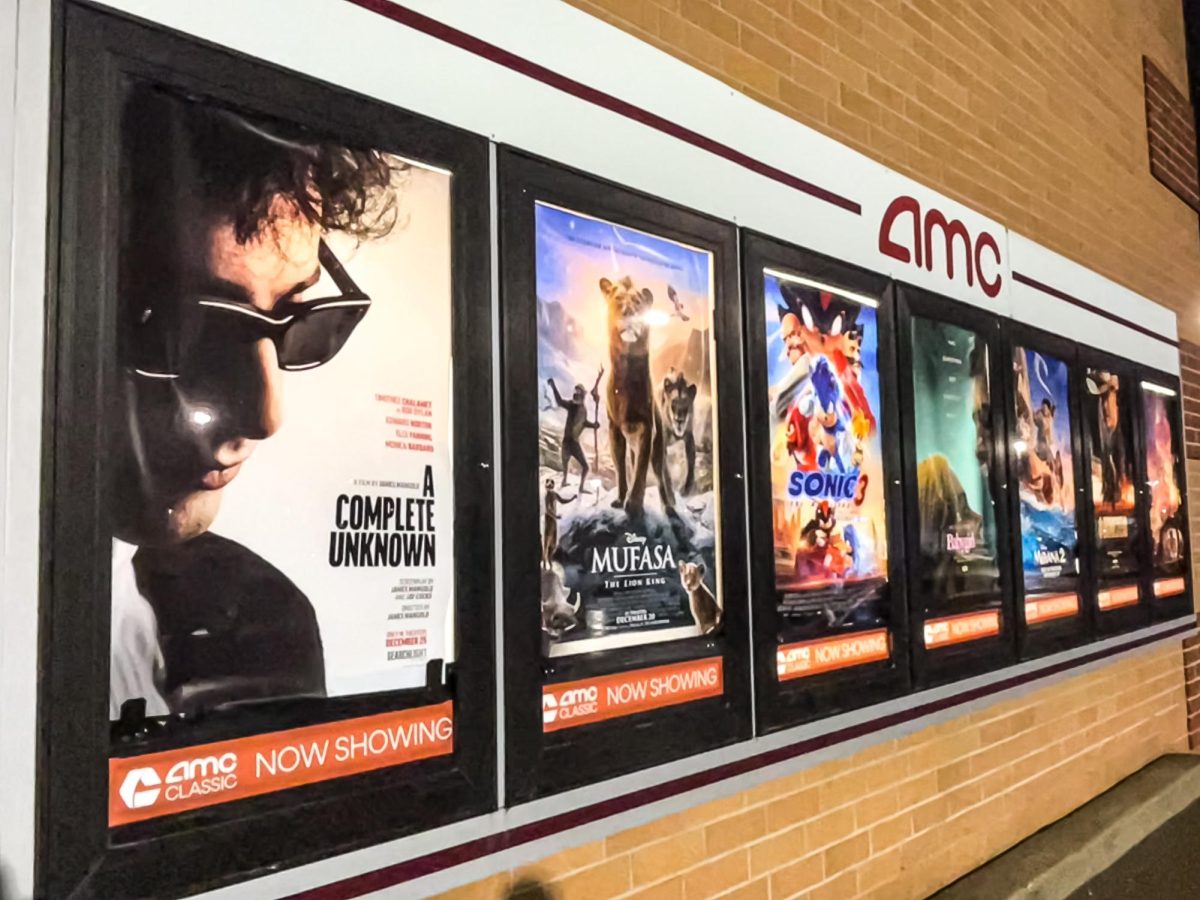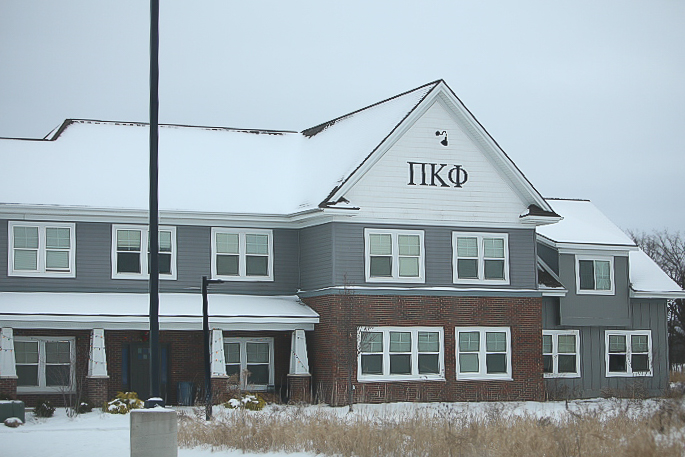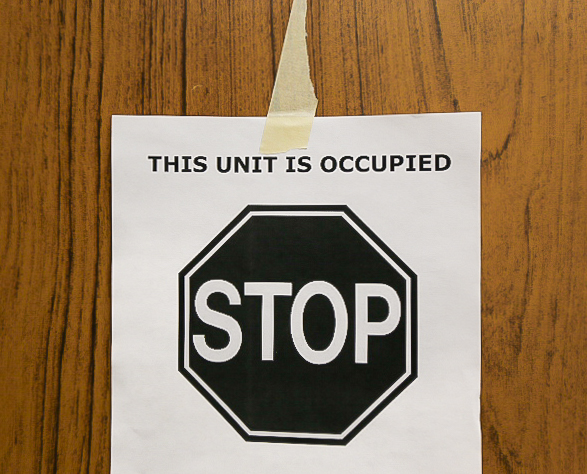COVID-19 contact tracing apps need to be better
Jan 19, 2021
As the state of Michigan continues to record thousands of new COVID-19 cases every day, MI COVID Alert is one of many contact tracing apps helping users keep track of symptoms and potential public interactions with other users that record a positive COVID-19 test. While MI COVID Alert is a great concept for staying safe during the pandemic, it belongs to a group of apps that have serious issues regarding their widespread use and effectiveness.
Contact tracing apps have become popular in recent months as a relatively easy way to pinpoint and track COVID-19 cases as they spread. These apps mostly rely on Bluetooth or ultrasonic signals to communicate with other smartphones, while some use location data to accomplish the same purpose. The main issue with all of these apps, though, is that they don’t work together in a way that makes any sort of sense.
Apps like MI COVID Alert and NOVID, which have been recommended to students by Grand Valley State University, use similar technology to communicate with smartphones, but they only work if other smartphones have the exact same contact tracing apps installed. A user with MI COVID Alert installed would have no idea if somebody around them using NOVID recorded a positive COVID-19 test and vice versa.
With so many contact tracing options on the App Store and Google Play Store, it can be difficult to know which app is going to give users the best shot of knowing if they’ve been exposed to COVID-19. Users could just download as many contact tracing apps as possible and hope that the people around them do the same, but that just begs the question of why there isn’t just one standard contact tracing app that everyone can use.
When asked for their thoughts on contact tracing apps and their advantages and drawbacks, GVSU students highlighted the downsides of contact tracing apps instead of discussing their benefits.
“I see some value in contact tracing apps, but they’re only as effective as the number of people that use them,” one third-year student said. “I think others have privacy concerns which doesn’t help in trying to grow the user base.”
Another third-year student said, “It seems like everyone needs to be using the same apps or they all lose their effectiveness.”
While MI COVID Alert and NOVID don’t use location data for contact tracing, privacy concerns surrounding real-time location tracking and what that data might be used for are commonly associated with contact tracing apps.
A fourth-year GVSU student said, “I haven’t used contact tracing apps just because I don’t want my location being tracked.”
Another student brought up an example of poorly-implemented contact tracing measures at Albion College at the start of the 2020-2021 school year, which was covered by TechCrunch. Back in August, Albion required students to use a contact tracing app called Aura to help prevent COVID-19 outbreaks on campus. That app used location data to track potential COVID-19 exposure and wouldn’t work at all if location data was turned off.
Students were also told not to leave campus all semester without permission, and Aura alerted the school if a student’s location was determined to be off-campus. If this happened, students’ ID cards were locked and they lost access to on-campus buildings, according to an email sent to students.
Aura also had some bugs, like students repeatedly being signed out of their accounts which disabled the app’s location data and rendered Aura useless unbeknownst to anyone using the app. The more egregious issue was that data like students’ full names and COVID-19 test results could be seen by anyone clever enough to maneuver around the app’s code and QR code generator website.
Situations like Aura’s show that contact tracing apps can lack the vision and sensible implementation that users, especially those forced to take on-campus courses in close proximity to other students, need from these tools. Even though plenty of contact tracing apps don’t require personal information or location data, failures like Aura’s have harmed the reputation of contact tracing apps as a whole.
MI COVID Alert and NOVID are both examples of apps with well-developed intentions that are still missing communication features that would give users a much better chance of knowing whether or not they’ve been exposed to COVID-19. Allowing contact tracing apps to work together would greatly enhance their effectiveness and would erase a huge downside that keeps users from installing them.
To gain back users’ trust, and for the sake of our safety during this pandemic, contact tracing apps need to be better.




